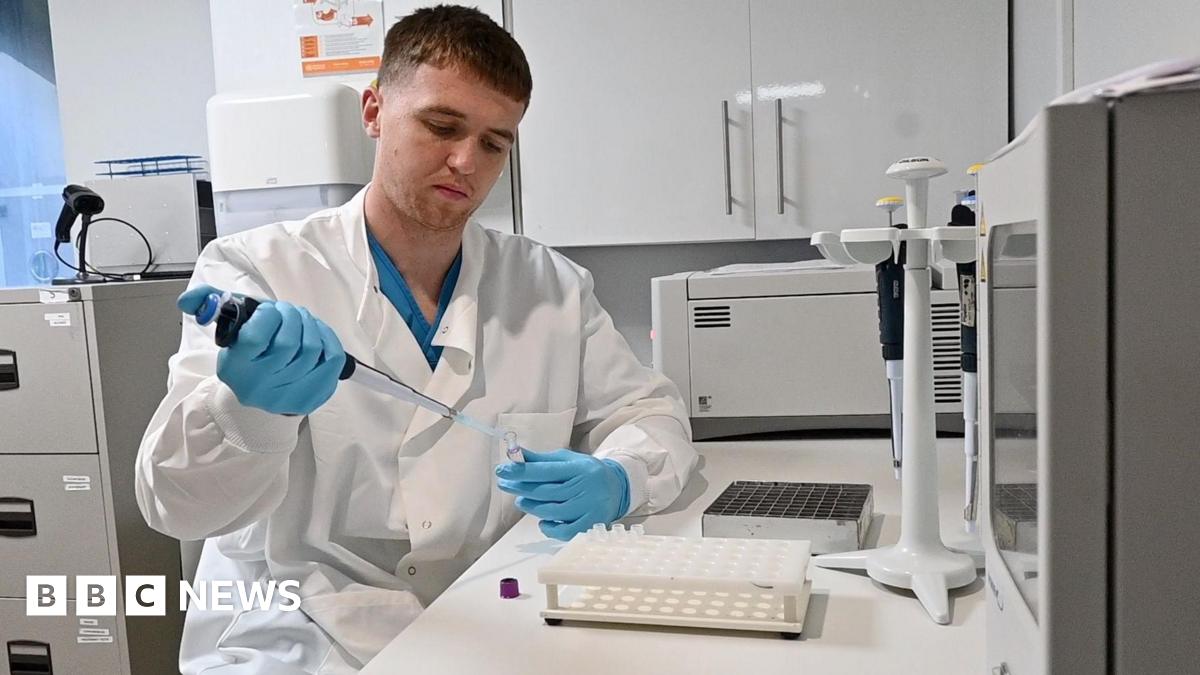The study combines state-of-the-art blood tests to detect biomarkers, which detect tiny proteins in blood, and can show early signs of Alzheimer’s. AI is then used to pull the results together.
Kathryn and her husband Michael have welcomed the study.
She first realised something was wrong when she became confused while driving to a friend’s house, a journey she had made many times.
“I couldn’t remember how to get to Cardiff, they lived in Peterston-super-Ely, and I couldn’t remember how to get there,” she said.
On another occasion, Kathryn got lost on the way to meet her brother in Cardiff Bay and had to call Michael for help.
“She rang up and said I’m lost I don’t know where I am, it was then we went to see our local GP,” said Michael.
“We went through cognitive tests, and then every sort of test known to mankind, CT scans, MRI scans, a PET scan, which I had never heard about before.
“Everything came back inconclusive, and this was over a two-and-a-half year period.”
After having a lumbar puncture test, which involved taking fluid out of her spinal cord, Kathryn was eventually given a dementia diagnosis, which Michael described as a bittersweet experience.
A spokesperson for the study said that while a lumbar puncture is an effective way to aid accurate diagnosis of Alzheimer’s, blood biomarker testing was a less invasive procedure, which may have enabled Kathryn to be diagnosed sooner.

